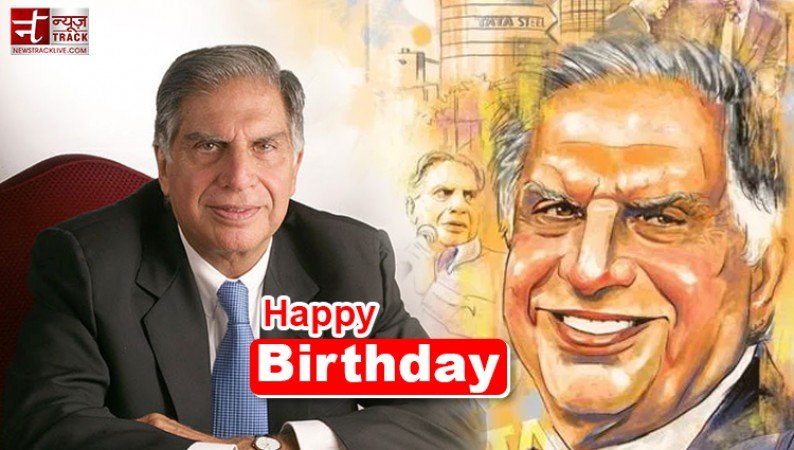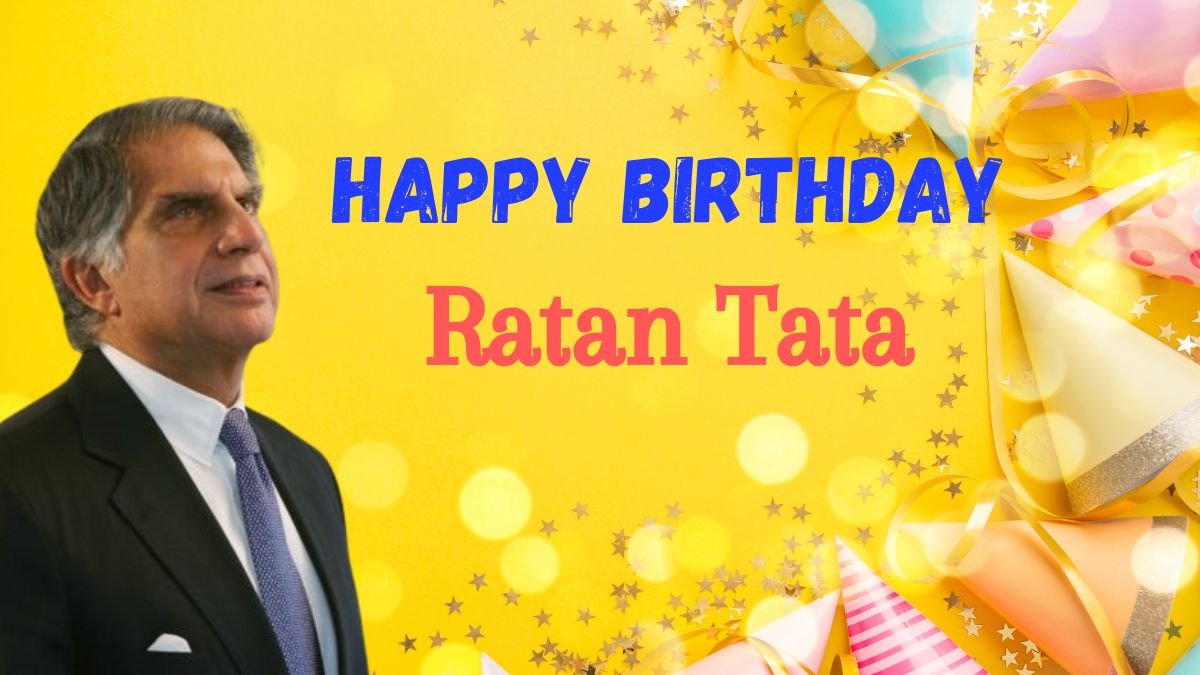Ratan Tata: A Visionary Leader and Philanthropist Celebrating a Legacy on His Birthday
Introduction:
Birthdays are not just occasions to mark the passage of time; they are moments to celebrate lives richly lived and contributions that have shaped the world. On December 28th, we commemorate the birthday of one such luminary – Ratan Tata. A stalwart in the business world, Tata is not only a celebrated industrialist but also a beacon of philanthropy, whose life and achievements continue to inspire generations.
Early Life and Education:
Ratan Naval Tata was born on December 28, 1937, into the illustrious Tata family, a lineage that has played a pivotal role in shaping India’s industrial landscape. Raised by his grandmother, Lady Navajbai, after the tragic demise of his parents, Tata’s early life was marked by challenges that would later fortify his resilience and determination.
Educated at the Campion School in Mumbai and later at Cornell University in the United States, Tata honed his skills and gained invaluable insights into the world of business. He then pursued an Advanced Management Program at Harvard Business School, setting the stage for a remarkable career that would unfold in the decades to come.
Tata Group Leadership:
Ratan Tata’s journey with the Tata Group began in the 1960s. He started in the Tata Steel division and swiftly ascended the corporate ladder. In 1991, he was appointed as the group’s chairman, a position he held for over two decades until his retirement in 2012. Under his leadership, the Tata Group transformed into a global conglomerate, with interests spanning diverse sectors such as steel, automobiles, information technology, telecommunications, and hospitality.
One of Tata’s most notable achievements was overseeing the acquisition of British automaker Jaguar Land Rover by Tata Motors in 2008. This moves not only bolstered Tata Motors’ global presence but also showcased Tata’s strategic acumen on the international stage.

Philanthropy and Social Impact:
Beyond the boardroom, Ratan Tata’s impact extends to philanthropy and social initiatives. His commitment to corporate social responsibility is exemplified by the establishment of the Tata Trusts, charitable organizations that focus on a range of social and developmental causes, including healthcare, education, and rural development.
The Tata Nano project, often referred to as the “people’s car,” was another testament to Tata’s social consciousness. Conceived as an affordable alternative for millions of families in India, the Nano project aimed to provide safe and economical transportation, reflecting Tata’s dedication to improving the lives of ordinary citizens.
Tata’s involvement in social causes isn’t limited to his business ventures. In the aftermath of the 2008 Mumbai terrorist attacks, he emerged as a voice of resilience and unity, steering the Tata Group to contribute significantly to the restoration of the affected areas and the welfare of the victims.
Recognition and Honors:
Ratan Tata’s contributions to business and society have not gone unnoticed. He has been the recipient of numerous awards and honors, both in India and internationally. In 2008, he received the Padma Vibhushan, one of India’s highest civilian honors, recognizing his exceptional service to the nation.
Tata’s leadership style, characterized by a judicious balance of tradition and innovation, has been studied and admired by management scholars worldwide. He is often cited as an inspirational figure for aspiring entrepreneurs and business leaders, and his speeches at various forums have become a source of guidance for those navigating the complexities of the business world.
Legacy and Continuing Influence:
As Ratan Tata celebrates another year of life, his legacy continues to shape the ethos of the Tata Group. His successor, Cyrus Mistry, who took over as chairman in 2012, has strived to build upon the strong foundation laid by Tata while injecting fresh perspectives into the conglomerate’s trajectory.
Tata’s influence isn’t confined to the corporate realm. His advocacy for ethical business practices, commitment to social responsibility, and foresight in adapting to global trends have left an indelible mark on the Indian business landscape. The Tata Group remains a symbol of resilience, innovation, and commitment to societal welfare.
Conclusion:
As we extend our heartfelt wishes to Ratan Tata on his birthday, we reflect on a life dedicated to the pursuit of excellence and the betterment of society. From leading a conglomerate to spearheading philanthropic endeavors, Tata’s journey is a testament to the transformative power of vision, leadership, and compassion.
As the Tata Group continues to evolve and face new challenges, the principles instilled by Ratan Tata serve as a guiding light. On this special day, we celebrate not just the man but the enduring legacy of a visionary leader whose impact transcends the boundaries of business and resonates in the hearts of millions. Happy Birthday, Ratan Tata – a true icon of leadership and humanity.

